Assessment Honors and Athletics: Analyzing a Decade-Long Relationship
Ryan Swanson, University of New Mexico
High-achieving student-athletes (often characterized by high GPAs, STEM majors, and plans to go on to graduate school) do not necessarily need the same academic support services as many of their fellow athletes. Mandatory study halls and academic advising may be more of a hassle than an advantage to a high-achieving student-athlete. Standard tutoring services may offer little in the way of useful support. Required time-management training seminars might, in fact, be a waste of a HASA’s time. Indeed findings from the program at the University of New Mexico suggest that the entire National Association of Academic Advisors for Athletics-guided structure of advising and athletic support can serve to frustrate such students. This structure, which some critics have labeled an exercise in “eligibility maintenance,” (Ridpath, 2010) does little to directly address the questions, aspirations, and challenges of high-achieving student-athletes.
So, what’s the alternative? And how might an Honors College provide support? The University of New Mexico Athletic Department and Honors College, in answering these questions, created a pilot program in 2013—The Lobo Scholars Program—meant to address this contingent of the student-athlete population. As the Director of this program from the time of its founding, and for the past decade, I have learned several valuable lessons (administrative, pedagogical, and financial, among them) that will be shared in this HERU presentation.
